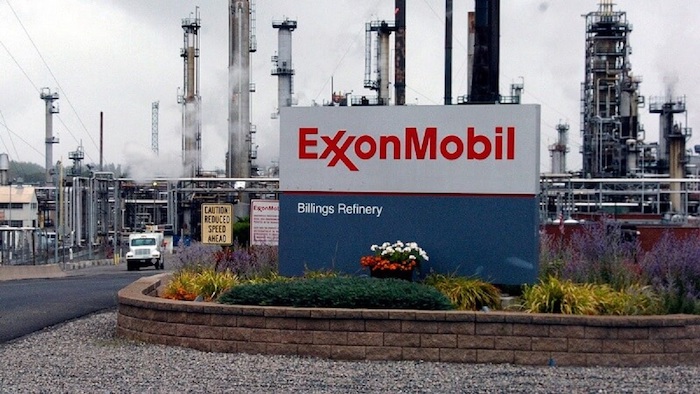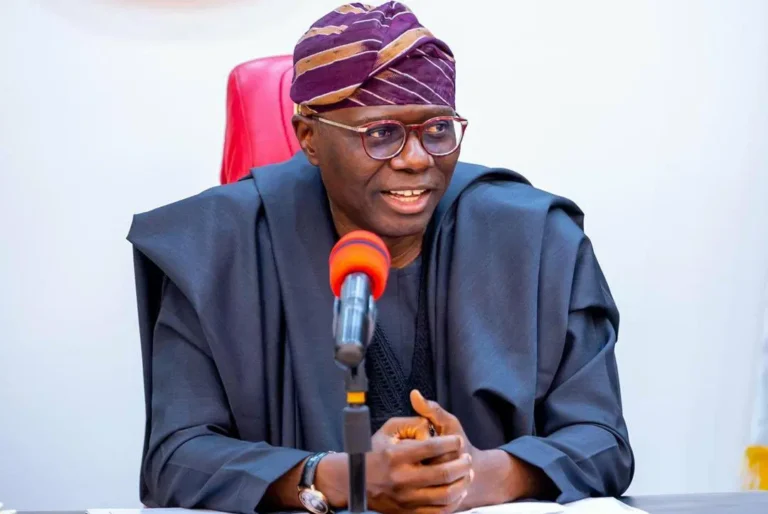
ExxonMobil has filed a complaint in a Texas court seeking to prevent a climate proposal by activist investors from going to a vote during the company’s shareholder meeting in May.
This is the first time Exxon is seeking to exclude a shareholder proposal by filing a complaint in court. It says the investors are ‘driven by an extreme agenda’ and that adopting stricter emission goals would be detrimental to its business and share value.
Investors led by Arjuna Capital and shareholder activist group Follow This are asking Exxon and other oil majors to adopt tighter climate targets.
They want Exxon to set so-called Scope 3 targets to reduce emissions produced by users of its products. Exxon is the only one of the five Western oil majors which does not have such targets.
In 2021 and 2022, it made similar proposals in shareholder meetings of different oil majors. Only a minority of shareholders supported them.
Last week, a group of 27 investors including Follow This which own around five per cent of Shell’s shares has co-filed a similar independent climate resolution to be brought to a vote during the company’s shareholder meeting later this year.
Exxon is asking a judge in the U.S. District Court for Northern District of Texas to exclude the Scope 3 proposal in its proxy statement. The statement needs to be filed by April 11, in time for its annual shareholder meeting in May.
Exxon says Arjuna and Follow This pursue a strategy to “become shareholders solely to campaign” for changes “calculated to diminish the company’s existing business.”
Last year, it said, setting a Paris-aligned medium-term target covering Scope 3 is paramount for the company’s long-term interest in the face of climate change.
Meanwhile, a new study by the environmental research group One Earth estimates the world’s top fossil fuel companies have emitted around 36 per cent of all global emissions since 1988.
That amounts to 403,092 metric tons of CO2 emissions, based on the group’s 2023 analysis that builds on the Carbon Majors 2018 data set.
The aim of the study is to provide, for the first time, a methodology to quantify the economic impacts of individual companies’ damage to the climate.
Estimates for the reparations are conservative, as they do not take into account factors including lives and livelihoods lost, species extinction, and biodiversity loss.
The impacts disproportionately affect poorer regions: Oxfam estimates that carbon emissions of the world’s richest one per cent is more than double the emissions of the poorest half of the world.
Global economic damages resulting from the climate crisis are projected to be $99 trillion between 2025 and 2050, and fossil fuel emissions are responsible for $69.6 trillion of that. Around one-third of that number rests on fossil fuel companies, amounting to $23.2 trillion, or $893 billion annually.
The top 21 fossil fuel-emitting companies owe $5.4 trillion, or $209 billion annually in reparations (excluding some companies such as those in Venezuela, which the study considers to be in too poor an economic situation to pay).
Liability was also halved for producers in Russia, China, Mexico, Brazil and Iraq according to One Earth’s methodology.
Companies in countries that can afford to pay reparations include Saudi Arabia’s state-run oil and gas producer Saudi Aramco, which would owe the most at $43 billion annually, or about a quarter of its $161.1 billion profits in 2022.
In the US, ExxonMobil and Chevron would annually owe $18.4 billion and $12.8 billion respectively. ExxonMobil’s profits in 2022 alone were $56 billion, while Chevron made $35.5 billion in profits.
Shell and BP, each based in the UK, would owe $16.30 billion and $14.5 billion per year respectively. Their 2022 profits were $39.87 billion and $27.7 billion.
SOURCE: LEADERSHIP




